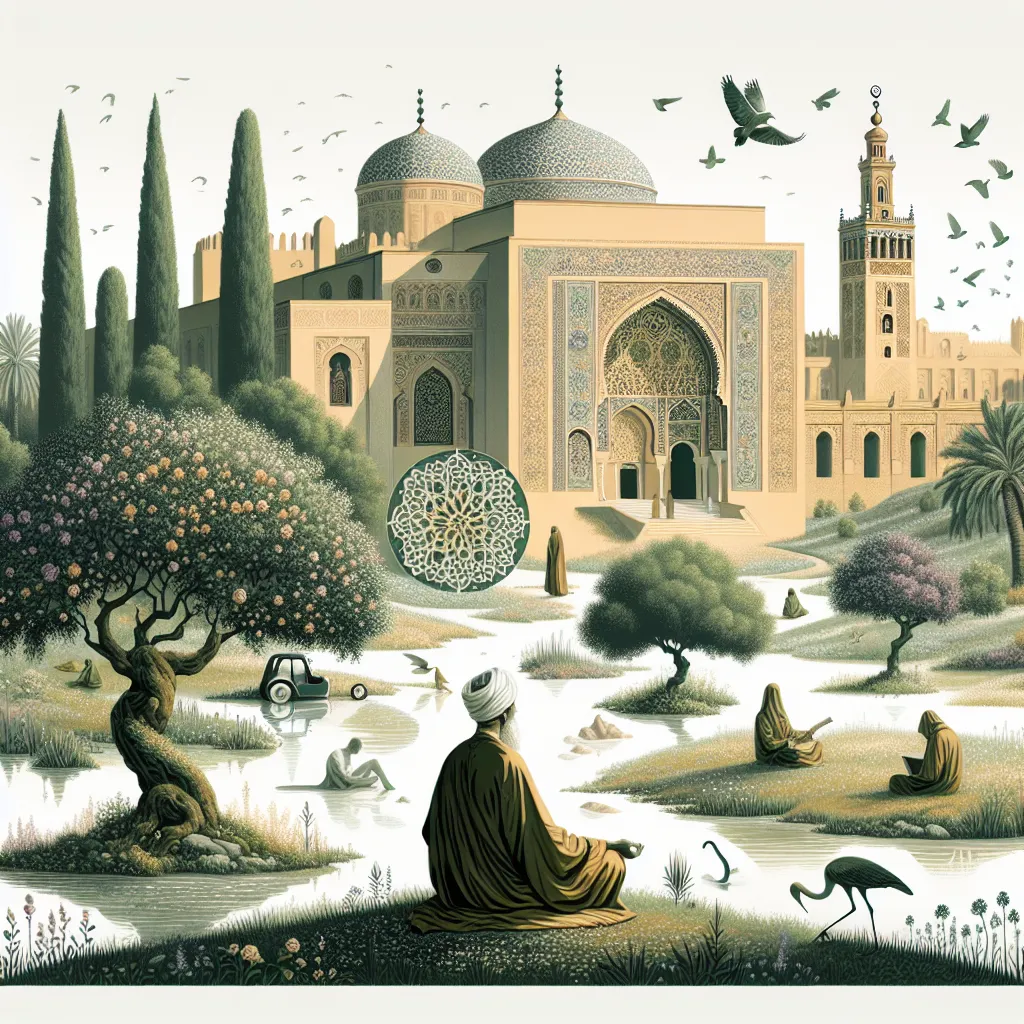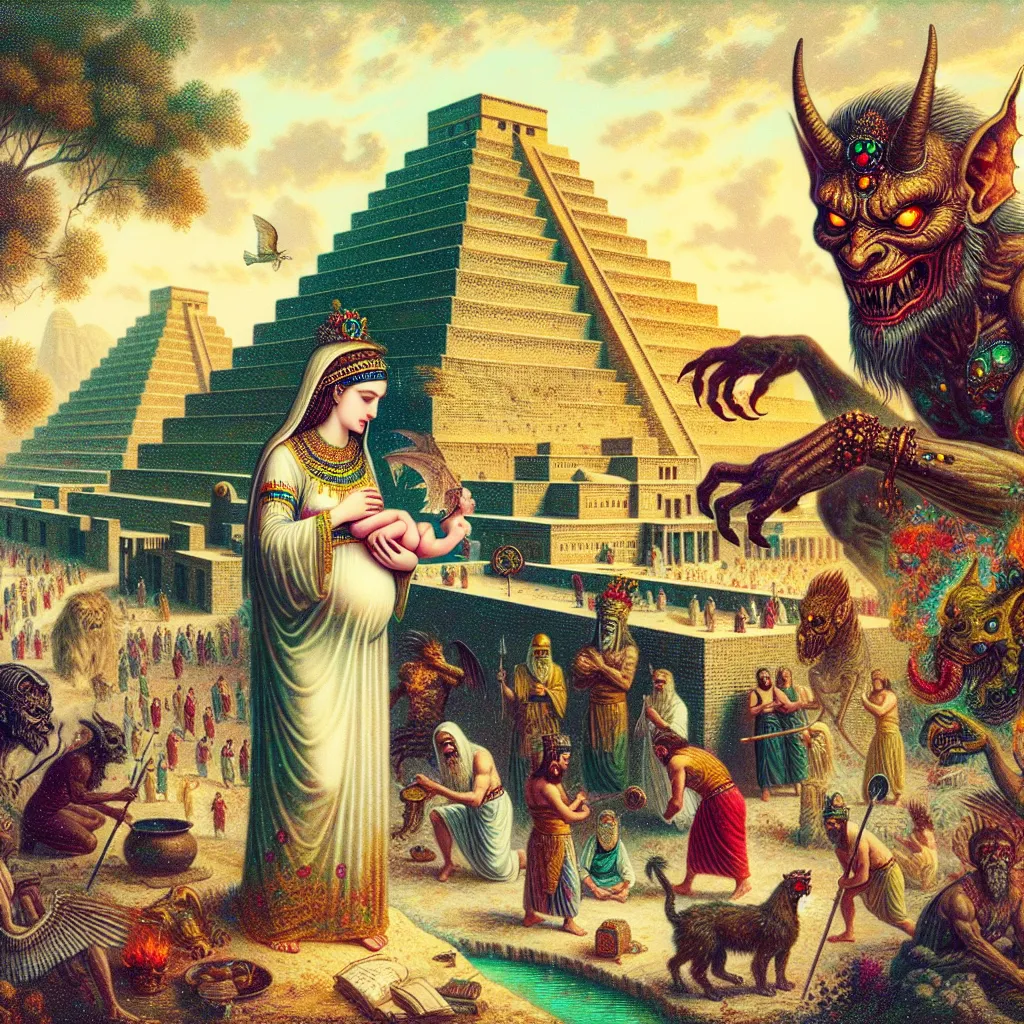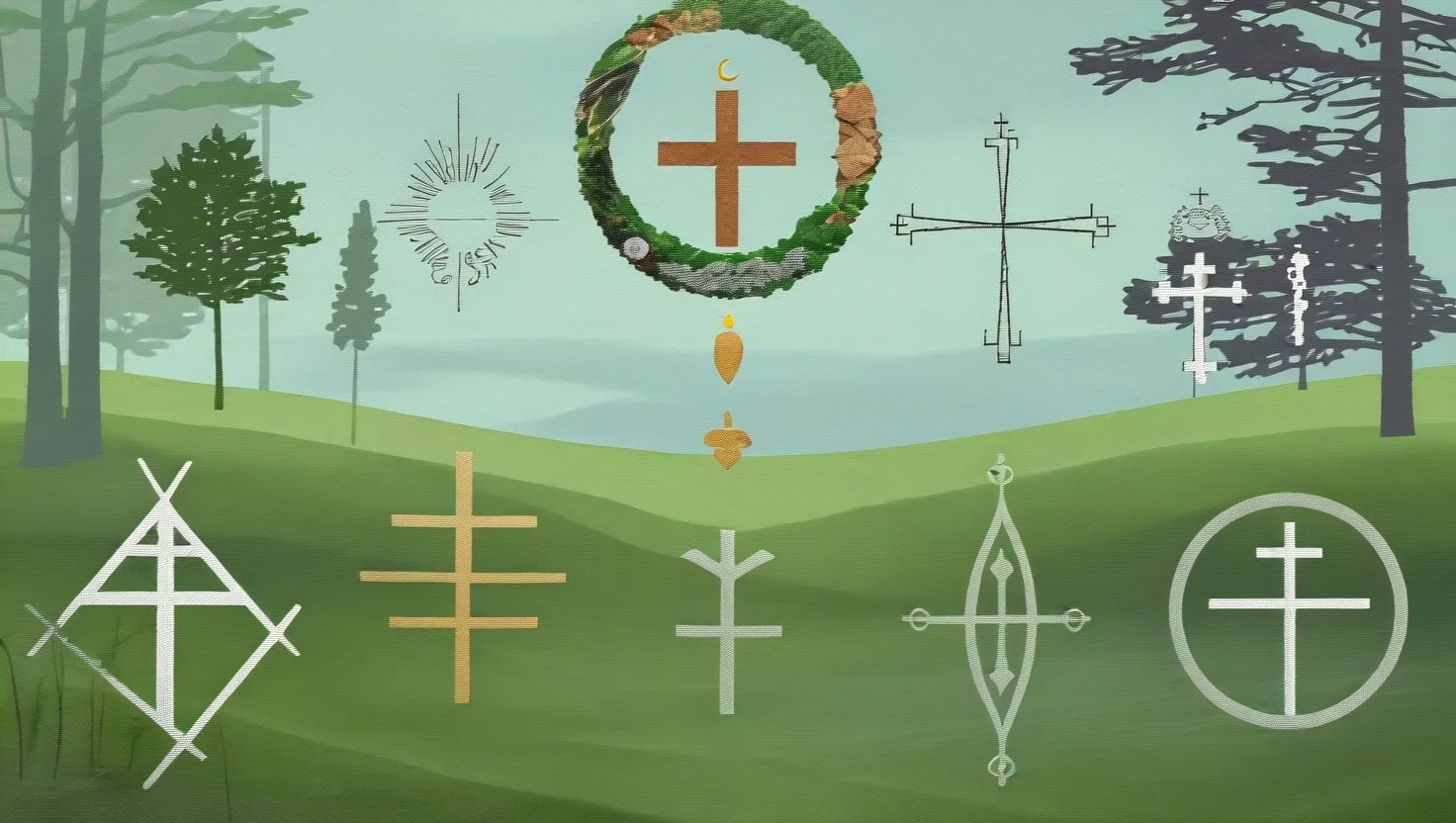In the vibrant city of Seville, then known in Arabic as Ishpilia, there lived an extraordinary Mystic and Scholar named Ibn Barajan. Esteemed for his deep connections to the Mota Berun and deeply influenced by the ideas of Ibn Masara, Ibn Barajan’s approach to mysticism was both unique and profound.
He chose the tranquility of the countryside as his sanctuary, seeking a close bond with nature to immerse himself in meditative practices. For Ibn Barajan, nature was not just a backdrop but a Revelation, a divine Scripture to be read and understood.
Ibn Barajan believed strongly in the idea that one could ascend to the Divine through a careful and contemplative study of God’s signs manifested in the world. His thoughts echoed those of Ibn Masara, emphasizing the significance of gradual contemplation. This wasn’t just about understanding a single aspect of existence but rather appreciating the interconnectedness of three forms of Revelation: the natural world, the written Quran, and the human self.
To Ibn Barajan, these three forms of Revelation were intertwined, each offering clues to understanding the Divine. By studying and reflecting on all three, he believed that one could draw closer to God, akin to climbing a spiritual ladder.
His teachings remind us of the harmony between the natural world and the spiritual, illustrating how every facet of existence can serve as a bridge to understanding the Divine. Through Ibn Barajan’s life and work, we learn that the path to spiritual enlightenment is paved with careful observation, reflection, and an appreciation of the world around us.






